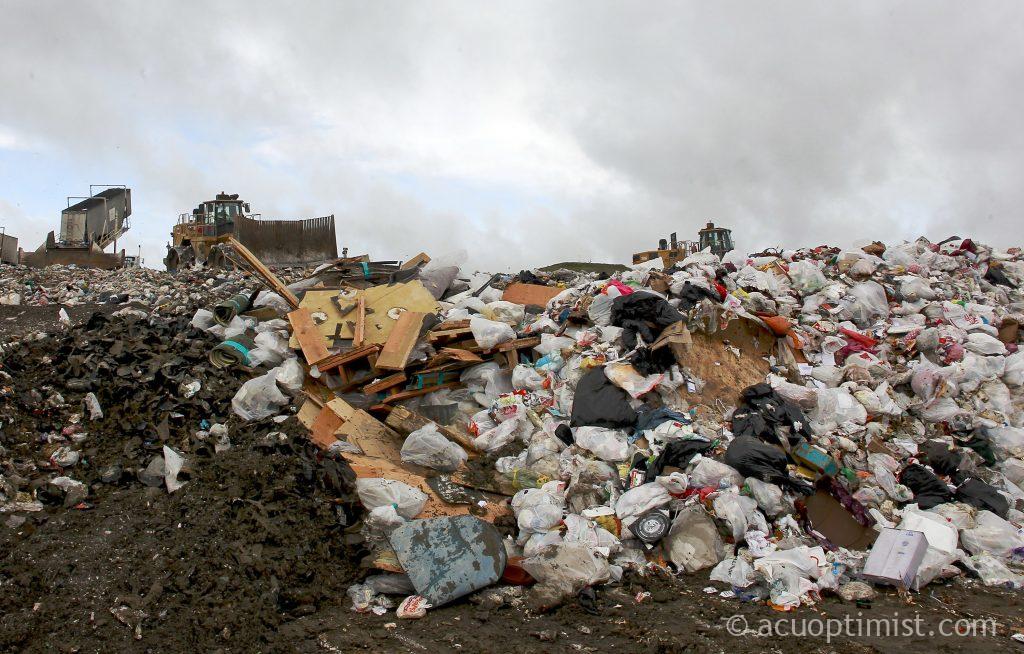Anyone who knows me knows I am an advocate for ethical consumption. I try to buy used things before resorting to buying new, I do some light investigation into companies before throwing my money at them and I try to buy from local businesses.
I value ethical consumption for a variety of reasons. I believe in treating people fairly and don’t want my dollars to encourage exploitation. I want to support my local community. I don’t want to contribute to global waste. And I definitely don’t do it perfectly – thrifting a well-fitting pair of jeans is really hard.
But beyond those reasons, I think there’s merit in conscious consumption not only in being good stewards of our resources, but also to avoid the pollution of self.
Part of the human condition is the plague of needing more and having the need to consume viciously. Obviously the modern global economy relies on it, but the human desire of needing more is evident throughout all of history. We see it in the conquerors who fight and die for more land and more bodies to rule. We see it in the exploitation of people for cheap labor. We see it in day to day propaganda and advertisements convincing us that we need more.
And it’s hard to be a conscious consumer, especially as a college student when all that is affordable is often the low-quality cheap stuff that doesn’t last long. Especially when trends constantly overturn. Especially when we all have an internal drive to consume more and more and more.
But, as cliché as it is, ‘more’ is generally not fulfilling. I’m not saying whoever said “Money can’t buy happiness” is right – of course there are instances that careful purchases or even buying something that is just so ‘you’ you have to have it can be really rewarding. But contentment and resourcefulness are skills so hard to learn in a society that is literally fueled by the human yearning for more.
There’s value in being a considerate consumer, in buying things built to last or even in giving new life to the things you already have. There’s value in focusing on buying what you need and being careful to not take more than that.
Consider not only the journey an item might have gone through on its way to having a price tag slapped on it (and possibly the journey it will go through when you’re done with it), but also consider your own self. Being considerate of the way you consume goes a long way, not only in being respectful of resources, but also in the practice of contentment and prioritizing the lasting things in life.

